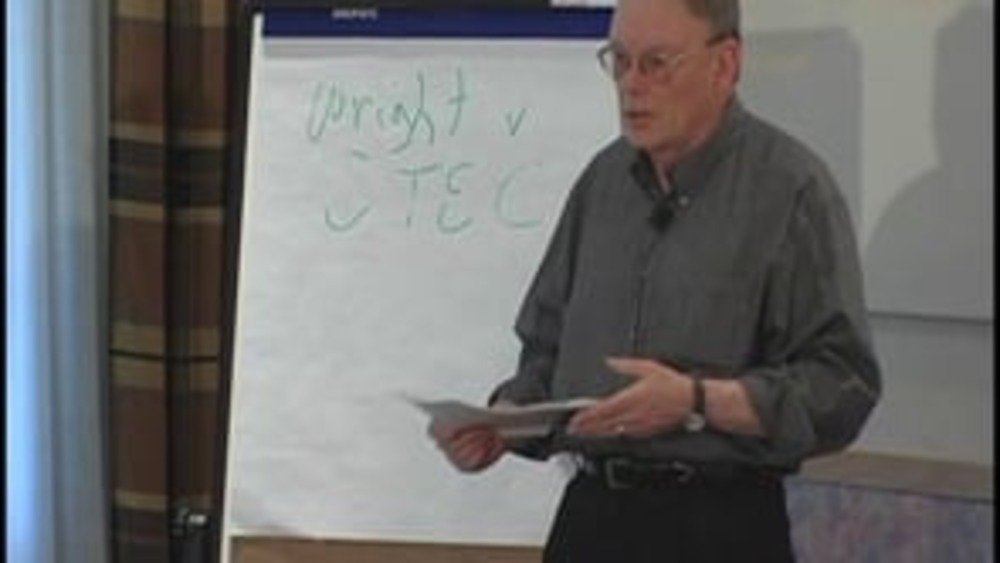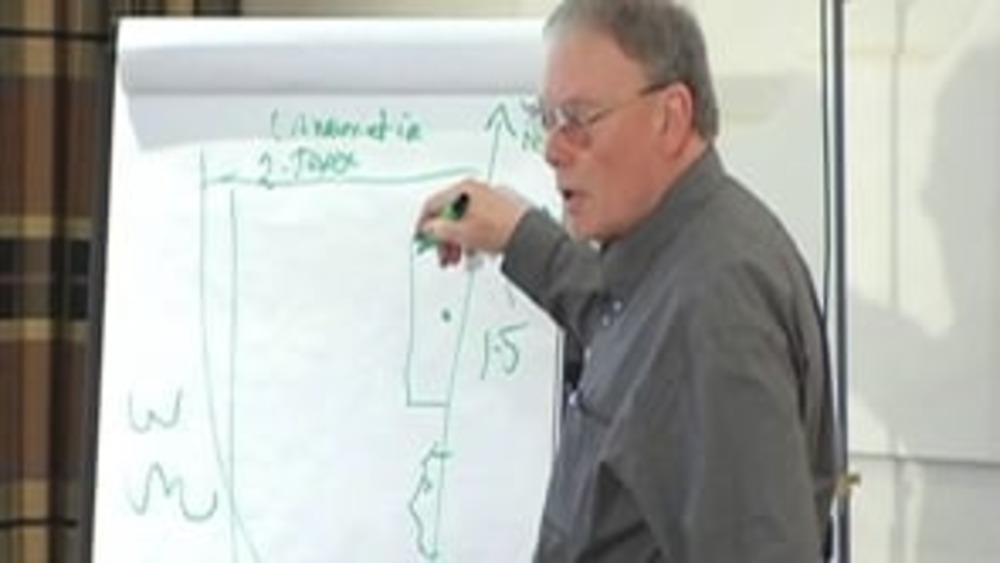Indigenous Governance Database
Michael Taylor
Thumbnail

Michael Taylor: The Practical Issues of Business Development - Some Things to Consider: When to Waive Sovereign Immunity (or Not)
Tulalip Tribes' Attorney Michael Taylor explains when tribes should and should not waive sovereign immunity and why. He also discusses some effective approaches to doing limited waivers of sovereign immunity, and stresses the importance of Native nations building a track record of fair and…
Thumbnail

Michael Taylor: Nation-Owned Businesses: Quil Ceda Village
Tulalip Tribal Attorney Michael Taylor discusses Tulalip's rationale for taking the unique step of creating Quil Ceda Village, a federally chartered city, and the benefits this approach has brought the Tulalip Tribes.
Thumbnail

From the Rebuilding Native Nations Course Series: "The Politics-Enterprise Balance"
Native leaders and scholars share their thoughts about how Native nations can effectively manage the relationship between their governments and the businesses they own and operate.
